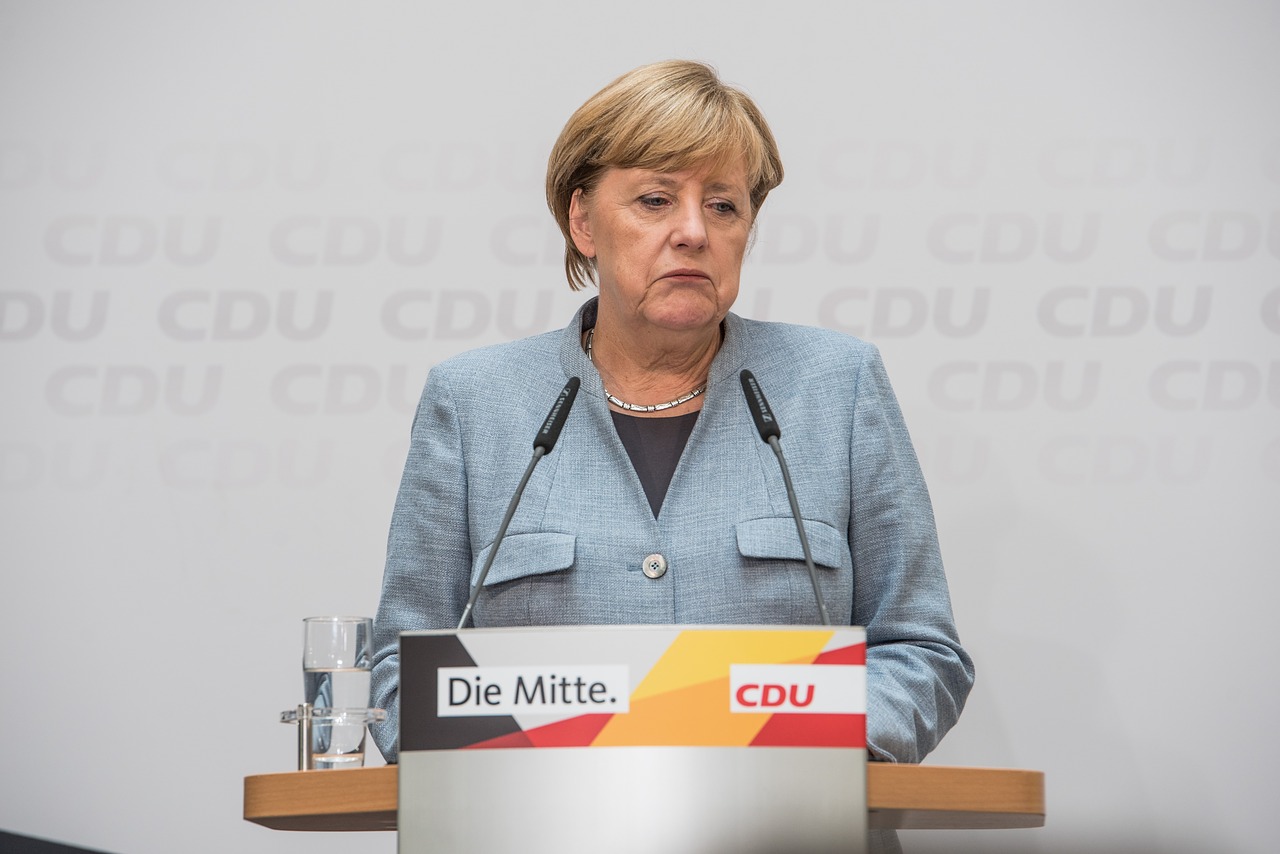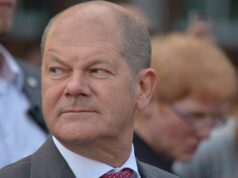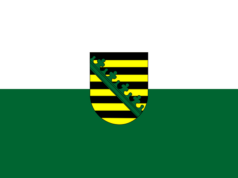
Chancellor Merkel visits Burkina Faso, Mali and Niger – three poor countries in which the security situation is steadily worsening. Merkel wants to show that Germany and the EU support her.
It was not so long ago that Angela Merkel had the red carpet rolled out in the Chancellery. In February, the presidents of Mali and Burkina Faso visited Berlin in succession.
Kisses on the right, kisses on the left, everyone shouted by their first name. The Chancellor smiles as she turns to „dear Ibrahim“ Keita. That is just a sign „for the close cooperation that we call ourselves,“ jokes Merkel. Niger’s head of state Mahamadou Issoufou received the Chancellor last summer in the guest house of the Federal Government at Schloss Meseberg. Merkel makes it clear: the meetings with the West African heads of state are important to her.
Financial and military help
„I would like to thank Niger for successfully working with us to fight illegal immigration and for doing outstanding work here,“ said Chancellor Niger’s president, promising that Germany will continue its commitment. „That’s why it must go hand in hand: on the one hand fight against illegal migration, and on the other hand development opportunities for the people in the affected regions.“
Germany and the EU spend a lot of money on development aid, while Niger has recently received an additional 200 million euros from Berlin. Germany is also supporting military operations in the region to stem growing terrorism. A little more than 800 German soldiers are stationed in Mali, Merkel will pay them a short visit at „Camp Castor“ in Gao in the Malian Desert.
Commitment is noted
For Thomas Schiller of the Regional Office of the Konrad-Adenauer-Stiftung in Mali, this recent trip to Africa has signaled to the Chancellor, which is also well received in the region. „That is certainly something that the heads of state will perceive very, very positively.“
For years now, Germany has been investing considerable resources and considerable staff in the region, says Schiller, and not just militarily. „I am sure that the trip will also serve to reinforce and consolidate our commitment to Germany, because it is clear that mere short-term approaches will not help, but that we have to look for medium and long-term solutions.“
When Merkel visited Mali and Niger for the last time three years ago, the Chancellor called for help. Countries should try to stem migration to Europe. Although hardly any refugees come from either country, they have been hubs for migrants from the south.
Especially schools are attacked
In the meantime far fewer refugees reach the Mediterranean. At the same time, the security situation in the Sahel states is getting worse, terrorism is spreading. Shortly before the Chancellor’s visit, Islamists in the north of Burkina Faso attacked a church. Five people died.
Simone Schnabel, Research Associate at the Leibniz Institute Hessian Peace and Conflict Research, notes with concern that schools are also the target of terrorist attacks. „Two-thirds of the schools in central Mali have had to close, and more than 1000 schools have been closed in Burkina Faso, meaning that there is no access to education for a whole generation of children.“
Investors hope for political support
An unstable security situation is also not good if you really want to bring investors into the region, as the Africa Association of German Business tries. Managing Director Christoph Kannengießer expects a lot from the Chancellor’s journey, especially for Mali and Burkina Faso. „These are not necessarily the hotspots for the German economy, but in West Africa there are quite a few locations where companies with a corresponding portfolio are interested in getting involved or are already doing it.“
This is the case, for example, in the energy sector, in the infrastructure sector or in the health sector: fertilizers, dressing material, irrigation systems, solar systems, road construction, harbor construction – all these are areas in which German companies are interested. Facilitated loan guarantees, as the federal government has decided to help, says Kannengießer, and political support of the federal government anyway.
However, the man from the Africa Association is also realistic: „Before the last German medium-sized companies in the Swabian Alb has realized that you can realize interesting projects in Africa and invest and trade there, it will take some time.“
Three days, three countries with growing problems: Great successes are not yet foreseeable despite all efforts. It is not an easy journey for the Chancellor.



